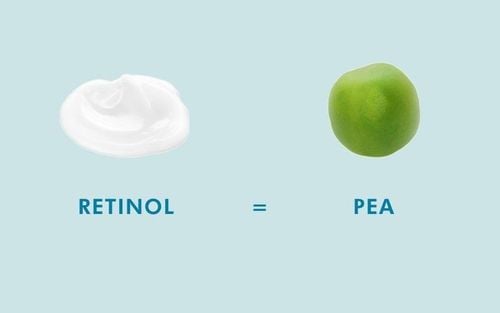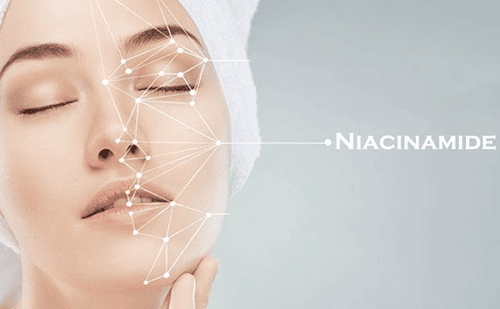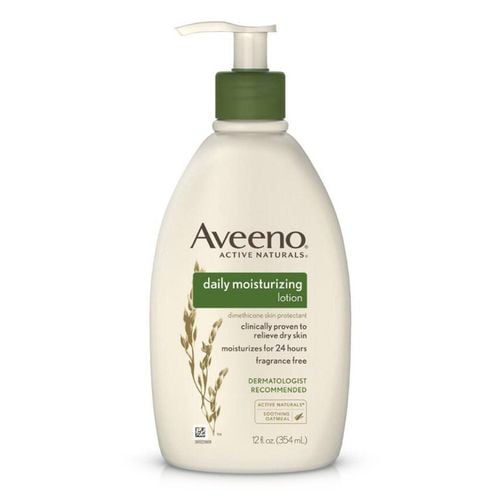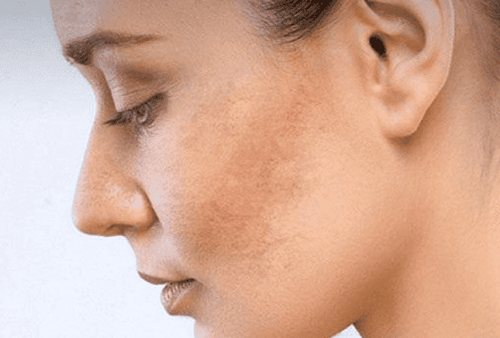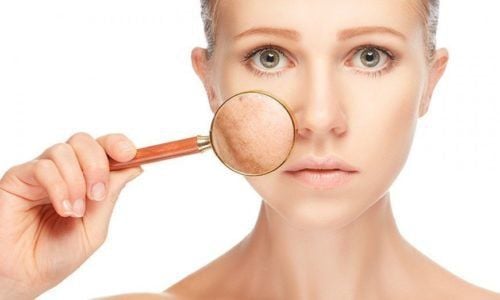Recently, skin peeling has become a popular beauty method among many women. According to experts, post-peel skincare affects about 50% of the treatment results. If proper skincare guidelines are not followed, the skin may worsen after peeling.
1. What is a skin peel?
Skin peel is also known as a chemical peel. This is a form of exfoliation that uses a stronger concentration of acid than natural acid radicals (such as AHA, TCA, and plant enzymes). The acids used are salicylic acid, lactic acid, and glycolic acid. Skin peeling not only helps remove dead skin, keratinized layers, and dirt on the skin but also has the effect of promoting the skin regeneration process to take place more quickly. At the same time, skin peeling also improves the condition of dull or uneven skin tone, and reduces melasma, freckles, and wrinkles.
Although exfoliation is a fairly common method, there are still some cases where skin peeling should be avoided to prevent further damage. The situations where skin peeling should not be performed include:
• Skin with open wounds, burns, or infections
• People with sensitive skin prone to irritation
• People with psoriasis, eczema, or rosacea (peeling may be ineffective or take a very long time)
• Pregnant or breastfeeding women (peels use high concentrations of chemicals that may not be safe for the health of both mother and baby)
• People are using products containing Retin A or Renova.
2. Should I use a mask after peeling?
Post-peel skin care is very important, affecting 50% of the treatment results. With a strong exfoliation mechanism, after peeling, the skin is very thin and weak. Women often feel a burning sensation and slight tingling on the skin. Therefore, many people are often concerned that during this stage the skin will be more sensitive and more easily irritated if using skin care products.
However, according to experts, the skin at this stage needs to be supplemented with moisture and nutrients to nourish from the inside and stimulate the regeneration and proliferation of new cell tissues. Meanwhile, facial masks are a very fast and effective source of nutrients. Masks also often contain active ingredients that help soothe and reduce the burning sensation on the skin. Therefore, after peeling, applying a mask is very necessary.
However, not all face masks are suitable for skin after peeling. A mask can become the cause of irritation if you choose products containing active ingredients that may trigger sensitivities in delicate skin. Therefore, when selecting a mask for post-peel skin, you should prioritize products with natural, gentle ingredients, primarily designed to moisturize the skin. In particular, you should avoid using products with specialized treatments like whitening that contain vitamin C or tea tree oil, as they may contain ingredients that can irritate sensitive skin.
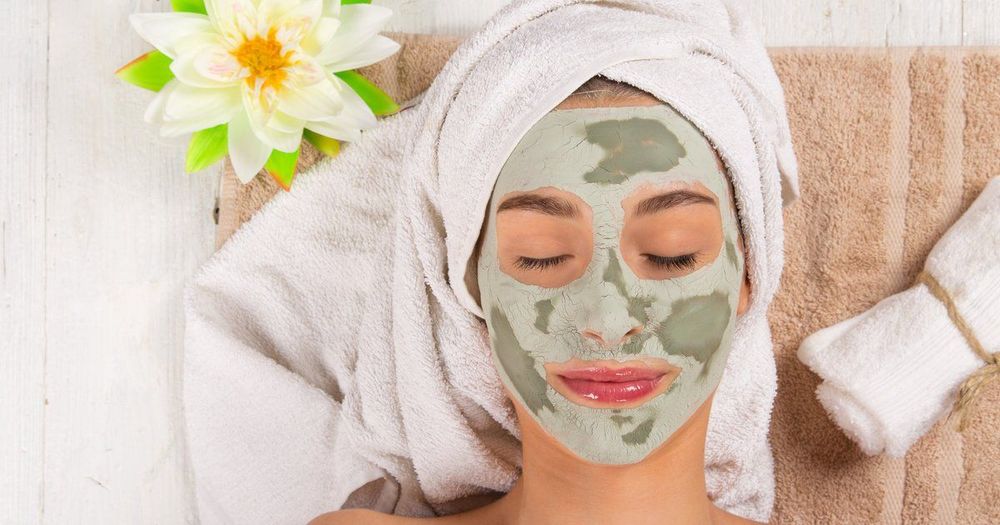
3. Note on skin care after peeling
After peeling, skin care at home plays a very important role. To help the skin recover quickly and minimize risks and complications after peeling, you need to remember the following:
• Moisturize your skin regularly. You can use mineral spray, moisturizing mask, or moisturizer. However, you should only choose products that only have moisturizing functions with natural, benign ingredients, suitable for sensitive skin.
• After peeling, the skin is quite weak. Therefore, in the first 2-3 days after peeling, you should wash your face with pure water, do not use a cleanser to avoid the active ingredients in the cleanser from irritating the skin.
• After 3-4 days of peeling, the dead skin cells on the skin surface will become keratinized, gradually dry, and peel off. You should not touch your face or peel off that layer, but let it peel off naturally. At the same time, you need to pay attention to cleaning your hands before taking care of your skin.
• After peeling, you need to minimize makeup, because at this time the skin is recovering so it is very thin and easily irritated. The dust layer of cosmetics contains a lot of dirt and bacteria, if used on the skin after peeling, it can cause acne.
• Supplement foods rich in protein, collagen, fiber, vitamins A, C, E, and zinc to promote collagen production for the skin.
• Always protect your skin from the sun carefully before going out or sitting in front of electronic devices. You should use sunscreen with an SPF of over 35 - this is mandatory because after peeling, the skin is more susceptible to sunburn than usual. In addition, you should wear sun protection clothing such as thick masks, wide-brimmed hats, etc.
Skincare is a process that requires perseverance and effort from each person, especially for skin with melasma, freckles, etc. If you choose to peel your skin to improve the beauty of your skin, you need to know how to take care of your skin after peeling to help your skin recover quickly and avoid the risk of irritation.
To arrange an appointment, please call HOTLINE or make your reservation directly HERE. You may also download the MyVinmec app to schedule appointments faster and manage your reservations more conveniently.
To arrange an appointment, please call HOTLINE or make your reservation directly HERE. You may also download the MyVinmec app to schedule appointments faster and manage your reservations more conveniently.
